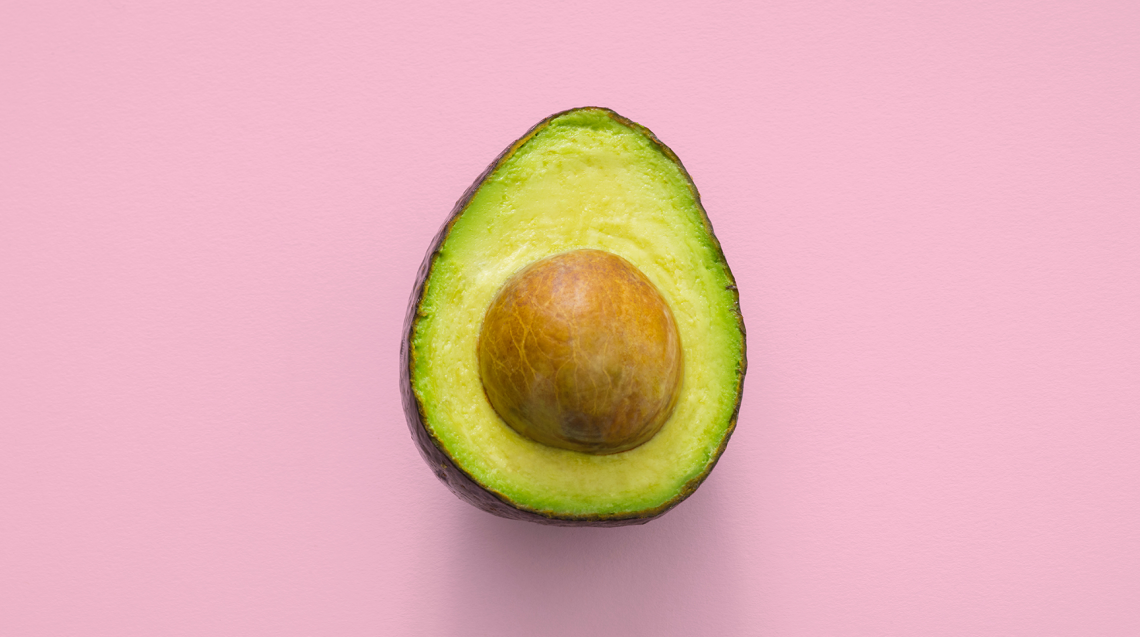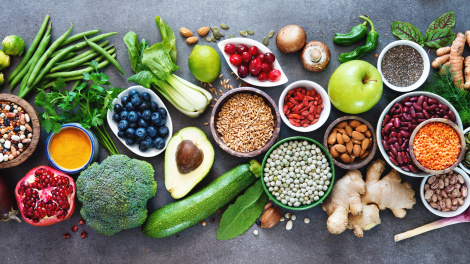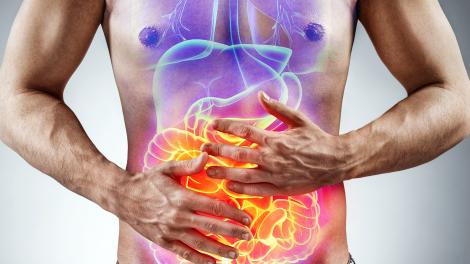For years we have been told to banish as much fat as possible from our diet - all fat was bad. “It makes us pick up weight and gives us high cholesterol and heart disease,” they said. So, we were told to eat low-fat or no-fat foods. But we have since realised that not all fats are the same and that we were cutting out the healthy, good fat; the fat that our body actually needs.
So, what’s the deal with fats?
Although research continues to evolve on the subject, certain fats have been linked to negative effects on heart health, while others have been found to offer major health benefits. Fat is a key energy source; it helps us absorb some vitamins and minerals; it’s needed for blood clotting and building cell membranes and for muscle movement.
It is, however, easy to get confused about which are good, or bad or which should be eaten in moderation. As we know, our bodies make their own fat when we eat excess calories. Excess weight and eating too much is linked to poor health and cardiovascular disease, type 2 diabetes and certain cancers. So, we need to focus on eating the healthy dietary fats (the fat found in foods from plants and animals) and avoid the unhealthy fats.
But, while choosing healthier fats is better for your heart, when it comes to your waistline, all fats have the same amount of calories. Eating less total fat will help you control your weight.
Good vs Bad vs In-between
Good - Unsaturated (Poly & Mono)
Good fats come mainly from vegetables, nuts, seeds and fish. They are liquid at room temperature.
Monounsaturated: olive oil, peanut oil, canola oil, avocados, nuts, safflower and sunflower oils.
Polyunsaturated: These are essential fats, so called because your body can’t make them and your body requires them for normal function. Plant-based foods and oils are the primary source of this fat and like monounsaturated fat, it can decrease your risk of heart disease by lowering blood cholesterol levels.
Omega-3 is a certain type of polyunsaturated fat which is particularly beneficial for your heart, reduces blood pressure and may prevent lethal heart rhythms from arising.
You will find Omega-3 fatty acids in: salmon, herring, mackerel, tuna, sardines and trout. Also in flaxseed, walnuts and canola oil.
In addition, you can find polyunsaturated fat in foods with contain omega-6 fatty acids, such as tofu, roasted soy beans and soy nut butter, walnuts, sunflower seeds, sesame seeds and vegetable oils such as corn, safflower, sesame and sunflower.
Benefits of Unsaturated fats (eaten in moderation):
- Can help with weight loss
- Reduce cancer risk
- Improve insulin sensitivity and blood sugar control
- Reduce inflammation
- Reduce risk of coronary heart diseases
In Between - Saturated
This fat is found in animal products (meat, poultry skin, full fat dairy and eggs). It raises total blood cholesterol levels and low-density lipoprotein (LDL) cholesterol levels, which can raise your risk of cardiovascular disease. If you need to lower your cholesterol levels, aim to consume no more than 5 or 6% or total daily calories from saturated fat.
Coconut oil which is commonly used in recent years because of its taste and high smoke point, contains saturated fat, but has also shown to boost the HDL cholesterol (the good one) which other sources of saturated fats do not.
The healthiest saturated fat foods that you may want to add to your diet are: grass-fed beef and butter, ghee, coconut oil, dark chocolate, full-fat dairy, cheese and eggs.
The benefits of saturated fats (in very small amounts):
- Forms the foundation of cell membranes
- Increases beneficial HDL cholesterol
- May reduce risk of stroke
- Boosts brain health
- Ideal for high heat cooking
Bad - Trans fat
This is the kind of fat you want to avoid at all costs. There are two types of trans fats: naturally occurring and artificial. Some animals naturally produce trans fats and therefore the food from these animals will contain it. Generally when it shows in food, it's artificial - created by adding hydrogen to liquid vegetable oils to make them more solid and stop them from going rancid. It’s found in highly processed foods like margarines and vegetable shortening. So you’ll find trans fats in fried foods (French fries, deep-fried fast foods, doughnuts); baked goods (cookies, cakes, pastries) and processed snack foods like crackers and microwave popcorn. Also processed meats, bread, canned soups and packaged snacks.
Eating foods high in trans-fat increases the amount of harmful LDL cholesterol in your blood and decreases the amount of good HDL cholesterol. It is linked to many common health problems such as diabetes, heart disease and stroke. There are absolutely NO health benefits and should be avoided as much as possible.
Check food labels. By law, a serving of food containing less than 0.5 g of trans fat can be labelled as 0 grams – check the ingredient lists for the term ‘partially hydrogenated’.
Let's review...because some dietary fats are helpful and others harmful to your health, it pays to know which ones you’re eating.
- Avoid trans fat
- Limit saturated fat to less than 10 percent of calories a day.
- Replace saturated fat with healthier monounsaturated and polyunsaturated fats
- Do not eliminate fat entirely from your diet as your body needs good fats to function normally
- Incorporating the good fats into your diet will help your heart but it is still crucial to moderate your consumption of them because all fats are high in calories.







Comments